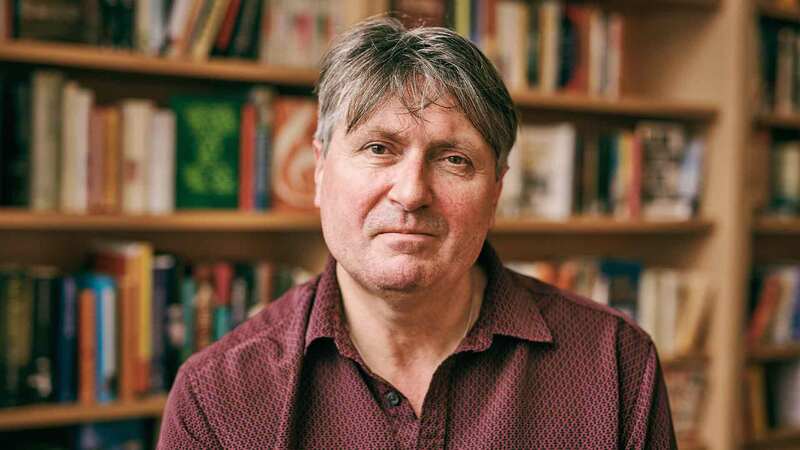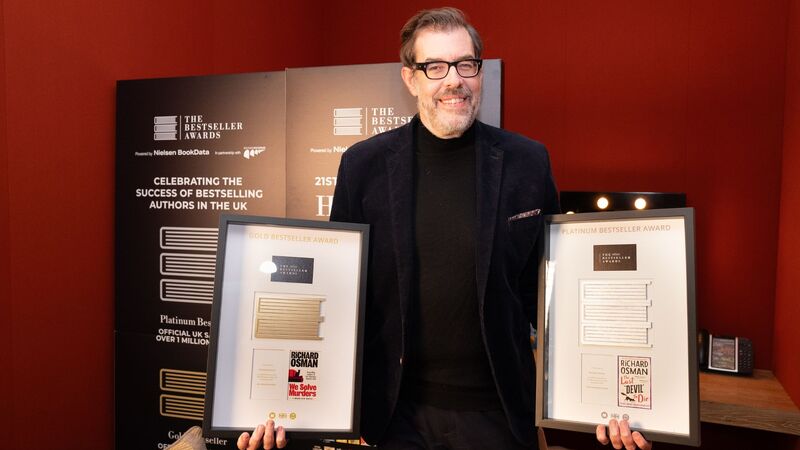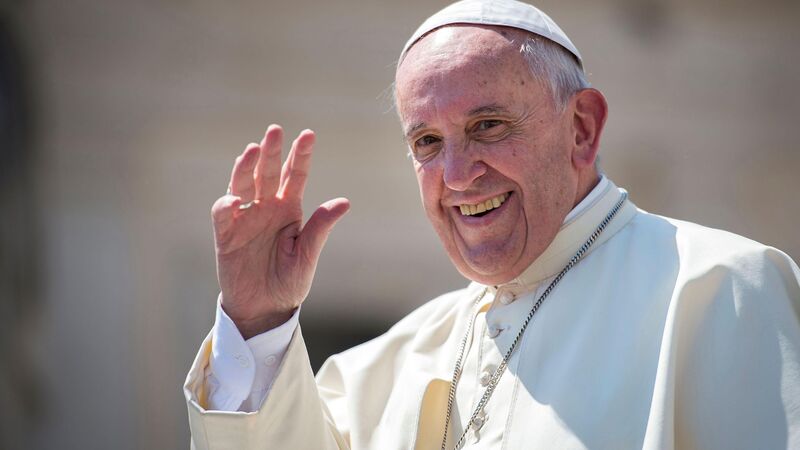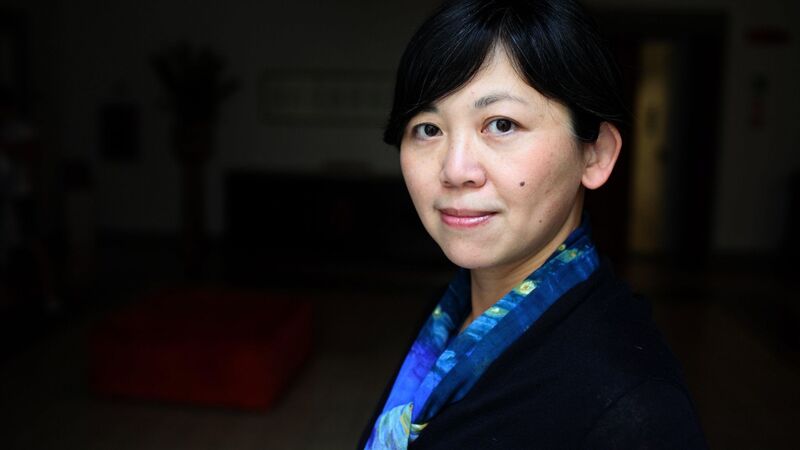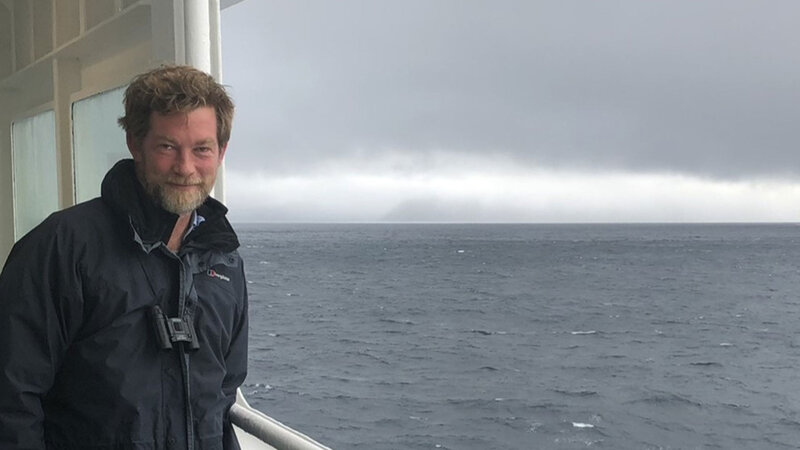You are viewing your 1 free article this month. Login to read more articles.
Bloomsbury seizes Aslany's debut non-fiction in 'unprecedented' six-figure deal
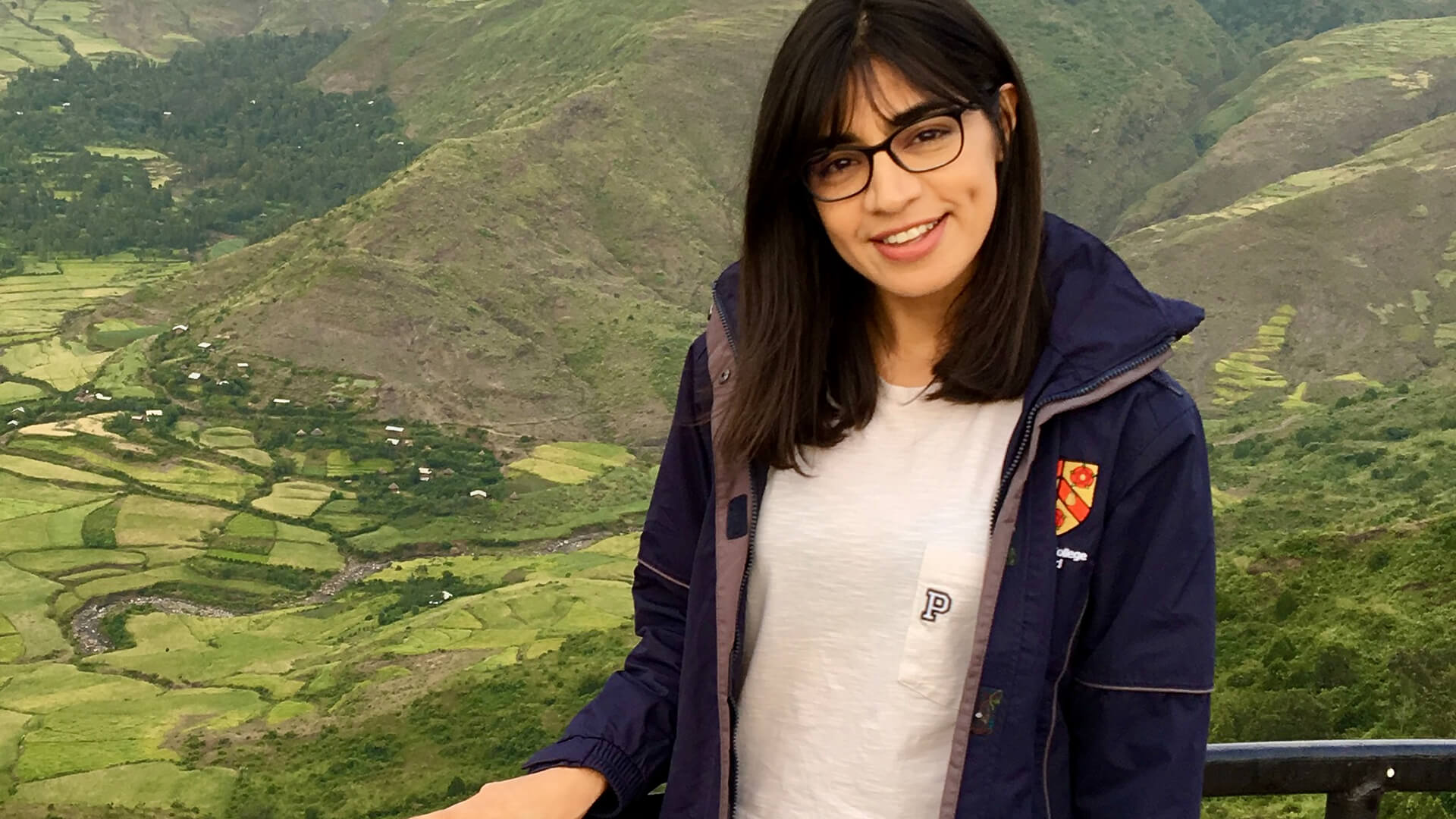
Bloomsbury has acquired Peasants, an "extraordinary" non-fiction work by Dr Maryam Aslany, for an "unprecedented major six-figure advance".
Alexis Kirschbaum, associate publisher, acquired English-language rights for the UK and Commonwealth at auction, in addition to translation rights from David Godwin. US rights were acquired by Daniel Halpern, executive editor at Knopf, also for a six-figure sum. Peasants will publish in 2026.
Peasants will place at the heart of the global story the agriculturalists who produce some of the world’s most valuable and conspicuous commodities: rice, chocolate, palm oil, silk and cocaine. Most of these products are produced by small-scale farmers and then aggregated by large conglomerates and cartels. Aslany will recount the dramatic and often counter-intuitive story of their passage from field to consumer, illuminating an untold story of exploitation, individual grief and greed.
"Journeying from the Indian countryside to Colombian indigenous landscapes, from the townships of Ivory Coast and Ghana to rice terraces in China and Cambodia, and to palm oil plantations in Indonesia, Peasants will offer intimate stories and personal testimonies which nonetheless reach to the backbone of the global economy, and transform readers’ ideas about the system they live in," the synopsis explains.
"Maryam Aslany is an extraordinary researcher and a beautiful writer," Kirschbaum said. "The disparity between the human crisis of her subject and the beauty of her sentences, her passion for her mission, her ability to set a scene and get to the heart of what matters will mean that this epic story reaches an audience who would otherwise be daunted by the harrowing realities she exposes. I am certain her book will change the hearts and minds of everyone who reads it. I am truly honoured to be publishing it."
Aslany added: "Most influential journalists and commentators are based in cities and have little first-hand experience of the political and environmental assault that is currently being unleashed on the global countryside. The negative overtone of the word “peasants” speaks eloquently of their actual status in the world system. We forget that the global economy is still built on the peasantry: the nearly four billion people who do not live in cities generate the essential conditions for the nearly four billion who do.
"Exploited by the global supply chain, manipulated by criminal gangs and middlemen, deprived of state protection and vulnerable to immense environmental degradation, the world’s peasants find themselves in a state of existential terror. But this is everyone’s crisis. If the countryside ever becomes empty, so will the cities. With my book, I hope to change the global conversation: the struggle of peasants to hold onto their vital place and role is a struggle for our species."






